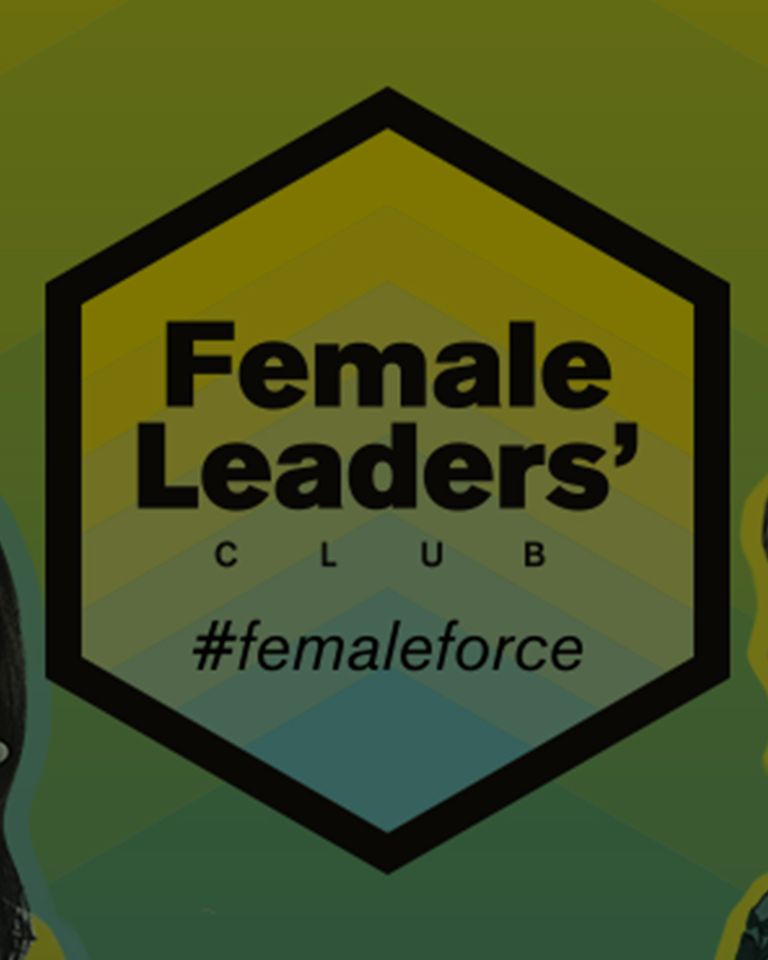Head of Allyship For Bloom North: Bravely Stepping Into New Territory
27 February 2024
In the last year there has been a radical shift in how I view myself, how I view others and how I bring myself to my work. It’s been a bit of a lightbulb moment, in all honesty.
A chance moment in an unfamiliar setting gave me a platform to do things differently. It resulted in a new volunteering role for me, as a “Head of Allyship”.
Picture the scene. A few of my friends are running a female committee called Bloom North. The committee has the overarching goal of levelling up women in the comms sector. I was invited to some of their panel events and workshops, despite the events largely being geared towards women, by women.
I often found myself in rooms of 100 or more women, alongside just a handful of men. I was welcomed as a familiar face but would enjoy being an outsider. I realised this wasn’t my time to speak, but I would enjoy observing and listening to the important stories being shared with great curiosity.
I started to notice things. The impact of certain life-stages on their careers. The lack of support or understanding from bosses. The microaggressions they witnessed in meetings. I started to understand the impact of some spaces feeling completely unsafe for them as women. My lived experience felt somewhat privileged by comparison.
Most of all, I began to question the role of men. My role. Am I doing enough?
On a whim, I sent a spontaneous voice note to Lisa Thompson, President of Bloom North at the time. I told her how the session had made me feel. How it opened my eyes. How more men needed to hear these powerful stories being shared. How I could see the work that needed to be done.
That was it.
A few weeks later, my new role as Head of Allyship was being announced. This would be an opportunity for me to learn the tools that would accelerate change and to bring more men on the journey. It felt important and much needed and the response from our industry was resoundingly positive.
I immediately began learning and also, unlearning. I began to realise just how polarised we are becoming as a society. How completely blind we are to the struggles of people who may even be sitting shoulder to shoulder with us. Our wives, our daughters, our sisters etc.
What I noticed even more was the nuance in these women’s experiences. I began to understand intersectionality and how exploring this is a crucial part of being an ally.
It’s important for us to understand that women’s struggles intersect with various other identities; race, sexuality, socio-economic background etc. Understanding this allows us to see that oppression is multi-faceted. We have to understand the female experience beyond the single narrative that we may have been used to.
Fast forward twelve months and I have a team of five. We already have big plans for some important conversations and events, some of which collaborate alongside the other divisions of Bloom for even greater effect. The overarching theme is inclusivity, because there is no one-size-fits-all approach to allyship. We really need to open our ears to the lived experiences of those around us and to reflect back into the industry what is truly happening. For me, this is a huge opportunity to celebrate the rich diversity and vibrancy that exists within our people.
In addition, it’s a chance for more men to be part of the solution. To show that we have empathy and compassion too, and that we can listen. To be accountable for our contribution to oppression, but to be willing to do things differently for a future that benefits us all.


